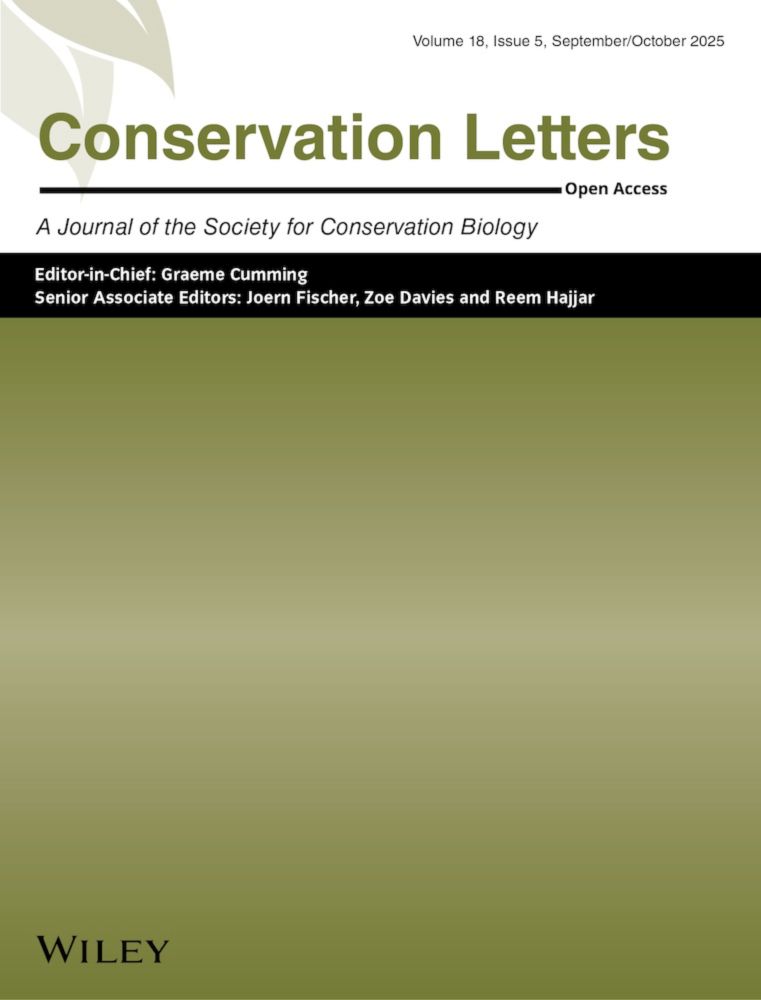
It nicely illustrates one of the dilemmas of species recovery that @ericavonessen.bsky.social and I were discussing here 👉 conbio.onlinelibrary.wiley.com/doi/10.1111/...
26.11.2025 12:14 — 👍 4 🔁 0 💬 0 📌 0@hannalp.bsky.social
Conservation social scientist, human/political ecologist. Researching at the intersections of human-wildlife coexistence, pastoralism, (re)wilding, knowledge and governance.

It nicely illustrates one of the dilemmas of species recovery that @ericavonessen.bsky.social and I were discussing here 👉 conbio.onlinelibrary.wiley.com/doi/10.1111/...
26.11.2025 12:14 — 👍 4 🔁 0 💬 0 📌 0
Interesting paper by Chapron et al, illustrating "an apparent contradiction: while many respondents support maintaining stable wolf populations, they simultaneously oppose legally killing them—an action that (...) may be necessary to cap population size". www.nature.com/articles/s41...
26.11.2025 12:14 — 👍 1 🔁 0 💬 1 📌 0What he said 👆
21.11.2025 09:14 — 👍 0 🔁 0 💬 0 📌 0
A table showing profit margins of major publishers. A snippet of text related to this table is below. 1. The four-fold drain 1.1 Money Currently, academic publishing is dominated by profit-oriented, multinational companies for whom scientific knowledge is a commodity to be sold back to the academic community who created it. The dominant four are Elsevier, Springer Nature, Wiley and Taylor & Francis, which collectively generated over US$7.1 billion in revenue from journal publishing in 2024 alone, and over US$12 billion in profits between 2019 and 2024 (Table 1A). Their profit margins have always been over 30% in the last five years, and for the largest publisher (Elsevier) always over 37%. Against many comparators, across many sectors, scientific publishing is one of the most consistently profitable industries (Table S1). These financial arrangements make a substantial difference to science budgets. In 2024, 46% of Elsevier revenues and 53% of Taylor & Francis revenues were generated in North America, meaning that North American researchers were charged over US$2.27 billion by just two for-profit publishers. The Canadian research councils and the US National Science Foundation were allocated US$9.3 billion in that year.

A figure detailing the drain on researcher time. 1. The four-fold drain 1.2 Time The number of papers published each year is growing faster than the scientific workforce, with the number of papers per researcher almost doubling between 1996 and 2022 (Figure 1A). This reflects the fact that publishers’ commercial desire to publish (sell) more material has aligned well with the competitive prestige culture in which publications help secure jobs, grants, promotions, and awards. To the extent that this growth is driven by a pressure for profit, rather than scholarly imperatives, it distorts the way researchers spend their time. The publishing system depends on unpaid reviewer labour, estimated to be over 130 million unpaid hours annually in 2020 alone (9). Researchers have complained about the demands of peer-review for decades, but the scale of the problem is now worse, with editors reporting widespread difficulties recruiting reviewers. The growth in publications involves not only the authors’ time, but that of academic editors and reviewers who are dealing with so many review demands. Even more seriously, the imperative to produce ever more articles reshapes the nature of scientific inquiry. Evidence across multiple fields shows that more papers result in ‘ossification’, not new ideas (10). It may seem paradoxical that more papers can slow progress until one considers how it affects researchers’ time. While rewards remain tied to volume, prestige, and impact of publications, researchers will be nudged away from riskier, local, interdisciplinary, and long-term work. The result is a treadmill of constant activity with limited progress whereas core scholarly practices – such as reading, reflecting and engaging with others’ contributions – is de-prioritized. What looks like productivity often masks intellectual exhaustion built on a demoralizing, narrowing scientific vision.

A table of profit margins across industries. The section of text related to this table is below: 1. The four-fold drain 1.1 Money Currently, academic publishing is dominated by profit-oriented, multinational companies for whom scientific knowledge is a commodity to be sold back to the academic community who created it. The dominant four are Elsevier, Springer Nature, Wiley and Taylor & Francis, which collectively generated over US$7.1 billion in revenue from journal publishing in 2024 alone, and over US$12 billion in profits between 2019 and 2024 (Table 1A). Their profit margins have always been over 30% in the last five years, and for the largest publisher (Elsevier) always over 37%. Against many comparators, across many sectors, scientific publishing is one of the most consistently profitable industries (Table S1). These financial arrangements make a substantial difference to science budgets. In 2024, 46% of Elsevier revenues and 53% of Taylor & Francis revenues were generated in North America, meaning that North American researchers were charged over US$2.27 billion by just two for-profit publishers. The Canadian research councils and the US National Science Foundation were allocated US$9.3 billion in that year.

The costs of inaction are plain: wasted public funds, lost researcher time, compromised scientific integrity and eroded public trust. Today, the system rewards commercial publishers first, and science second. Without bold action from the funders we risk continuing to pour resources into a system that prioritizes profit over the advancement of scientific knowledge.
We wrote the Strain on scientific publishing to highlight the problems of time & trust. With a fantastic group of co-authors, we present The Drain of Scientific Publishing:
a 🧵 1/n
Drain: arxiv.org/abs/2511.04820
Strain: direct.mit.edu/qss/article/...
Oligopoly: direct.mit.edu/qss/article/...
Ping those interested in just transitions of Europe's fantastically beautiful and bio-culturally diverse rural areas of Spain, Italy and Poland. If I didn't already have a job I'd be trying to swipe the Spain one (drool)
03.11.2025 10:30 — 👍 4 🔁 0 💬 0 📌 0
Short piece in @consletters.bsky.social exploring social, cultural, political and ecological apsects of illicit and unregulated species translocations - what others (not me, due to homophone errors) might call guerilla rewilding. conbio.onlinelibrary.wiley.com/doi/10.1111/...
30.10.2025 08:40 — 👍 15 🔁 7 💬 1 📌 2Go "Chunk"!! 🐻
23.09.2025 09:15 — 👍 0 🔁 0 💬 0 📌 0
Happy Fat Bear Week, for all of those who celebrate: explore.org/fat-bear-week
23.09.2025 07:30 — 👍 1 🔁 2 💬 1 📌 0Thanks Silvia!
20.09.2025 09:05 — 👍 0 🔁 0 💬 0 📌 0Sure, just ping me an email
19.09.2025 09:10 — 👍 0 🔁 0 💬 0 📌 0Good, not ”god”, although he may also be involve I guess 🤦♀️😅
18.09.2025 15:22 — 👍 2 🔁 0 💬 0 📌 0Hot from the @consletters.bsky.social press: "Now What? The Conundrum of Successful Recovery of Wolves and Other Species for European Conservation", where Erica Von Essen and I discuss future trajectories of species recovery and management in Europe. Here summarised by @sthlmresilience.bsky.social.
18.09.2025 12:58 — 👍 10 🔁 4 💬 2 📌 1What do we mean when we say that carnivores and other wildlife are "habituating" to people? Who actually habituates to whom? Is this bad or god? Who decides? All of this and more in our new paper, expertly led by @ethanddoney.bsky.social, out now in @peopleandnature.bsky.social.
18.09.2025 11:40 — 👍 10 🔁 7 💬 1 📌 0Congratulations! So well-deserved 👏
05.06.2025 14:39 — 👍 1 🔁 0 💬 0 📌 0Sounds cool David. To be sure, while the headline of the Guardian article questions whether we can coexist with carnivores, our paper is actually more about finding local solutions to coexistence, working with local knowledge holders to do so. Sounds like you're doing it well over there.
28.02.2025 07:38 — 👍 1 🔁 0 💬 1 📌 0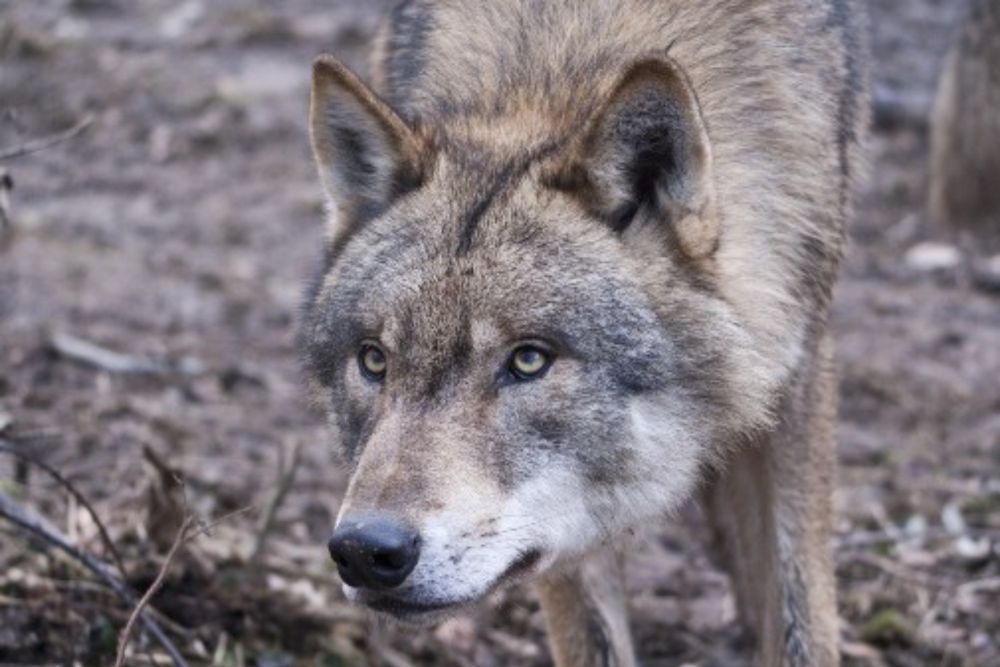
And press release from @york.ac.uk and @anthropocenebio.bsky.social here 👉 www.york.ac.uk/news-and-eve...
25.02.2025 14:39 — 👍 2 🔁 1 💬 1 📌 0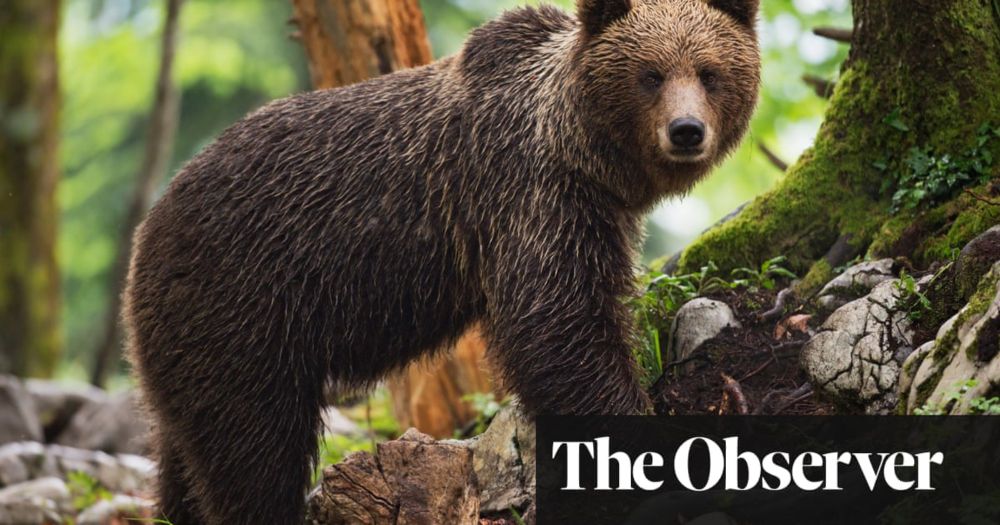
An article based on it in @theguardian.com here 👉 www.theguardian.com/environment/...
25.02.2025 14:39 — 👍 2 🔁 1 💬 1 📌 0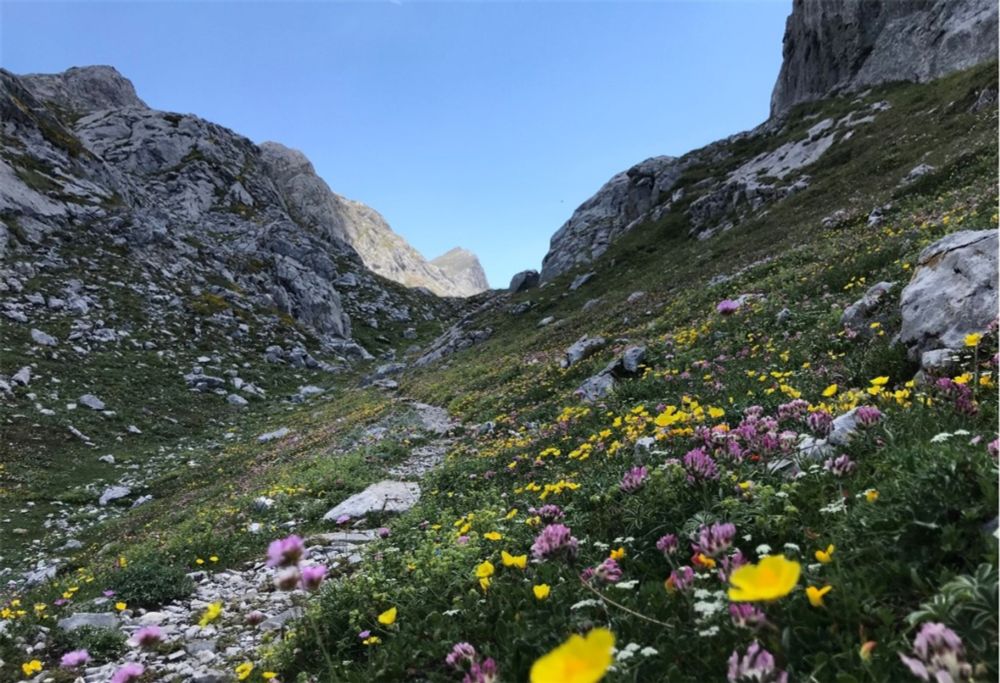
TLDR? You can find a short and snappy Plain language summary here 👉 relationalthinkingblog.com/2025/02/03/p...
25.02.2025 14:39 — 👍 0 🔁 0 💬 1 📌 0Whether it concerns carnivores, pastures, fisheries or forests, the key to success is to build on local stewardship and skills, adapting system management in ways that make sense to local people and that enable continuous adaptation and innovation in the face of change. @ipbes.net #CBD
25.02.2025 14:39 — 👍 0 🔁 0 💬 1 📌 0We show that ‘localness’ is always in flux and should not be seen as either or. Similarly, TEK is continuously evolving. I.e.: it's complex. But fear not! Our paper helps illuminate the locals with the deepest connection and contribution to the bio-cultural system, i.e. local system #stewards
25.02.2025 14:39 — 👍 0 🔁 0 💬 1 📌 0Yet when it comes to sharing space with #largecarnivores 🐺🐻 in Europe and elsewhere, #TEK is essential to understand the behaviour, influence and interactions of people, livestock and carnivores at fine spatial scales, thus finding ways to #coexist and manage conflicts (GBF target 4).
25.02.2025 14:39 — 👍 0 🔁 0 💬 1 📌 0We, researchers who work on human-wildlife interactions, pastoral systems, governance and/or ethnobotany, note that this lack of clarity on who is local has meant that traditional local knowledge #TEK is often overlooked and marginalised, considered "anecdotal" or as beliefs and opinions.
25.02.2025 14:39 — 👍 0 🔁 0 💬 1 📌 0It follows from our observations that while Indigenous Peoples (approx 6% of the global pop.) have, encouragingly, gained increasing rights and recognition, Local Communities (up to 45%) have generally not. This is because the term could include almost anyone.
25.02.2025 14:39 — 👍 0 🔁 0 💬 1 📌 0In our paper, out now within the @peopleandnature.bsky.social SI “Sharing landscapes with wildlife: conflict and coexistence of extensive grazing systems with large carnivores”, we use examples from Europe to advance the debate on how LK may be recognised and treated more justly.
25.02.2025 14:39 — 👍 0 🔁 0 💬 1 📌 0Today at #COP16, discussions on how to realise the #KunmingMontrealGBF are resumed. The framework recognises the stewardship of "Indigenous Peoples and Local Communities". But, "Who is local, and what do they know?" 👉https://besjournals.onlinelibrary.wiley.com/doi/10.1002/pan3.10797 @ipbes.net #CBD
25.02.2025 14:39 — 👍 5 🔁 3 💬 1 📌 0Congratulations Toryn! Nice work :)
24.02.2025 12:04 — 👍 1 🔁 0 💬 1 📌 0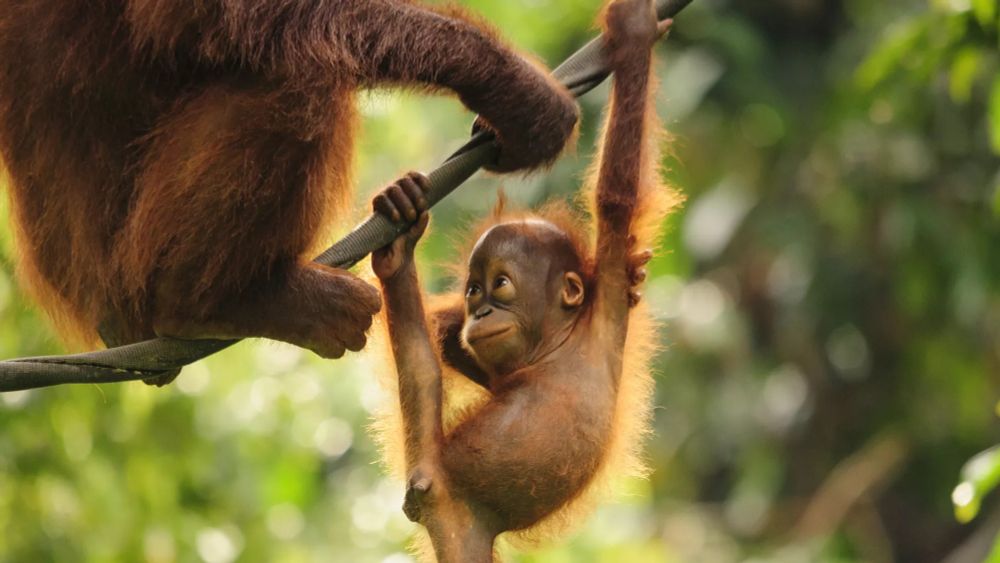
And here by Blossey and Hare for the US context 👉https://www.frontiersin.org/journals/conservation-science/articles/10.3389/fcosc.2022.881483/full
17.02.2025 10:15 — 👍 0 🔁 0 💬 0 📌 0To me, this paper exacerbates wishful thinking within the #rewilding debate, as excellently explained here by Webster "What if Wolves don’t change rivers, or the Lynx lacks bite?
Rethinking a rewilding orthodoxy" 👉https://media.nhbs.com/bw/full_articles/BWM32_2%2003%20Comment%20-%20Rewilding.pdf
Also, sheep. The authors state "In contrast to some parts of Europe deer are abundant and widespread in Scotland which may reduce the potential for livestock-wolf conflict". Well, senu above thread, deer are abundant and increasing in Europe, ALSO in areas with wolves.
17.02.2025 10:15 — 👍 1 🔁 0 💬 1 📌 0A few rather significant details about the Scotland paper: It is done by modelling with the assumption "that wolves are confined to the introduction area and are not free to spread to surrounding regions". So, all of the Cairngorms would be fenced (!!)
17.02.2025 10:15 — 👍 1 🔁 0 💬 1 📌 0